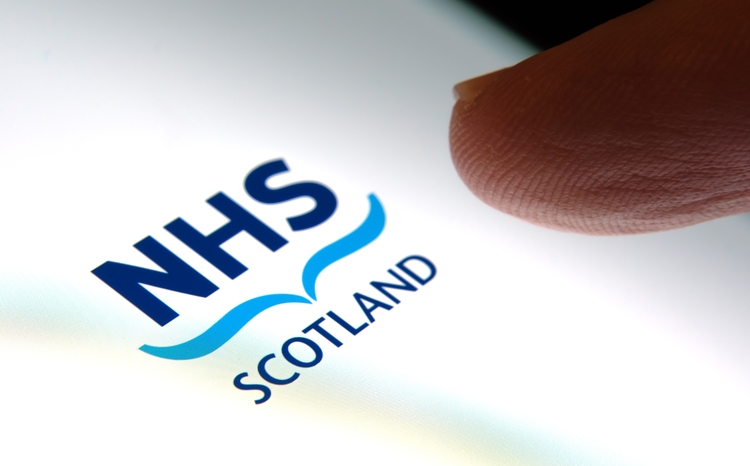Tactuum tech supports NHS Scotland’s Right Decision Service
- 5 March 2024

NHS Scotland’s Right Decision Service is using the Tactuum Quris platform to make clinical guidance and policy tools available to all clinicians when and where they need them.
The service is a once-for-Scotland national project funded by the Scottish Government and run by Healthcare Improvement Scotland. It supports clinicians in Scotland to easily access clinical guidelines and validated decision support tools, to help support more standardised, safer care.
Using Tactuum Quris Clinical Companion software, the Right Decision Service supports or hosts clinical guidance and policy intranets, websites and apps developed by health boards and specialist services. In addition, it also holds a suite of UK Conformity Assessed decision support tools developed with InnoScot Health as registered manufacturer.
Dr Ann Wales, programme lead for knowledge and decision support at Healthcare Improvement Scotland, said: “The Scottish Government set an objective for the Right Decision Service to deliver a once-for-Scotland decision support platform: a single place that users could go to for national guidelines, local guidelines, pathways, calculators, risk scoring tools and other types of decision support.
“Now, we have a single platform, with a single website, and a single app. We have a series of controls to ensure the quality of what is being shown to users, while clinicians can pick and choose what is relevant to them.”
Tactuum’s Quris Clinical Companion was specifically developed to enable NHS health boards and trusts to manage the development, governance and publication of clinical guidance and policies. It also ensures clinicians have access to tools supporting decision-making as and when they need them as they are available offline.
Mark Buchner, chief executive of Tactuum, said: “Because we had different deployments of Quris across Scotland, it made sense to integrate them into a single service. It’s exciting to see the RDS in use as a single resource for professionals across the whole country and available to more than 90,000 users.
“Quris has also been able to reduce the number of systems health boards have been using into a single, joined-up collaborative platform. We look forward to working with Healthcare Improvement Scotland and the Digital Health and Care Innovation Centre on further innovations that directly impact front-line staff and patient care.
“We also hope the success of Quris and RDS will show other health organisations what can be achieved at a range of scales; from individual clinical departments, to hospital, trust or health board level, right up to integrated care system or national delivery of sharable, linked clinical resources.”
Currently, 12 territorial health boards, six health and social care partnerships, six national NHS boards, three national social care organisations and 10 programmes and networks are delivering tools through the Right Decision Service. Developments in the pipeline for Quris and the service include the integration of decision support into electronic health record systems and the use of AI to speed up guidelines development, management and measurement of impact.



